10 GPTs for Electrical Engineering Powered by AI for Free of 2026
AI GPTs for Electrical Engineering are advanced, specialized applications of Generative Pre-trained Transformers tailored to the needs of the electrical engineering domain. These tools leverage the power of AI to understand, generate, and process language in a way that's specifically relevant to electrical engineering, encompassing topics like circuit design, power systems, renewable energy, and automation. By integrating domain-specific knowledge, these AI models provide customized solutions, enhance decision-making, and streamline tasks, making them invaluable assets in the field.
Top 10 GPTs for Electrical Engineering are: Circuit Solver with Image Recognition,电气工程教授,Cognitor,Substation Guru,DC Motor - Series Shunt tutor,electricity and magnetism,Electro-Magnetic Foundations in E.E. Lab. Tutor,Conductivity,Upskill Ops Electric Circuits Part 4,Wattage Calculator - Powered by A.I.
Circuit Solver with Image Recognition
Illuminating circuits with AI precision

电气工程教授
AI-powered Electrical Engineering Assistant

Cognitor
Powering Precision in Engineering with AI
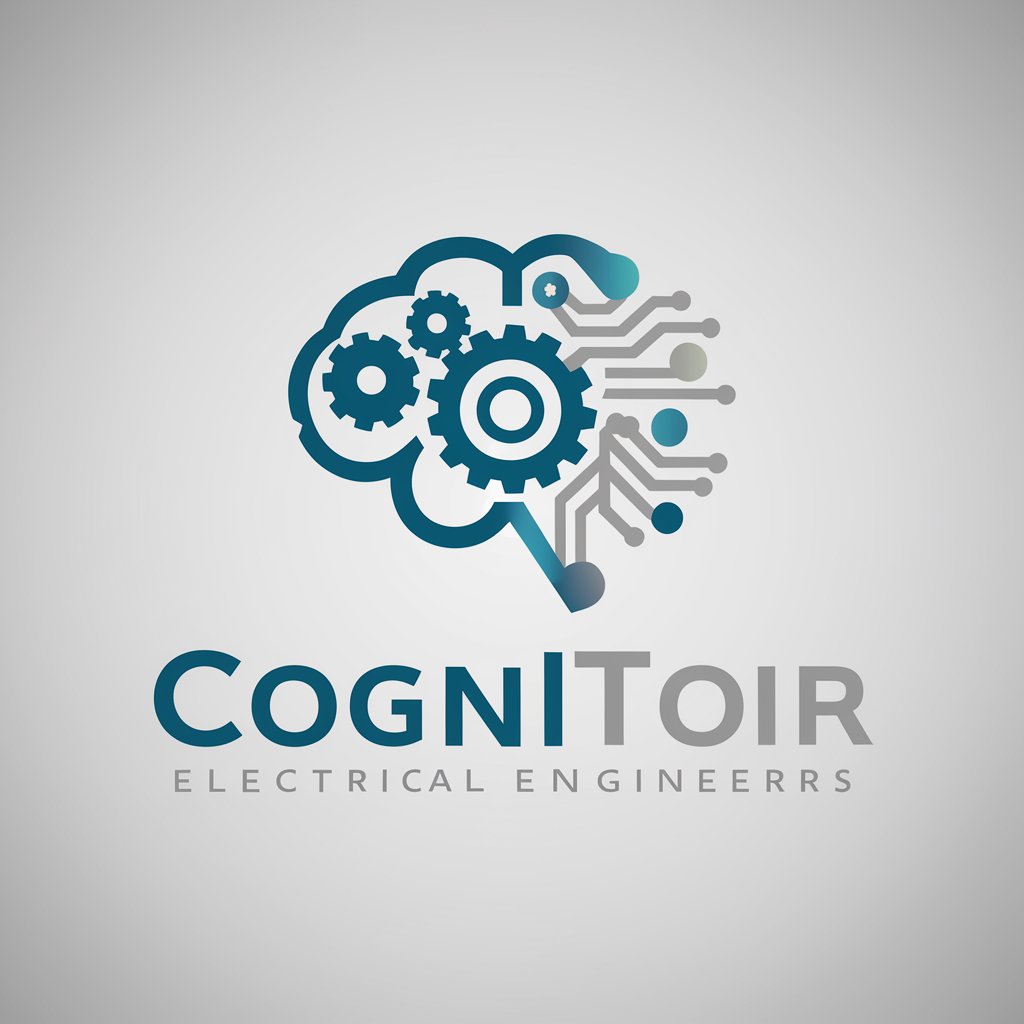
Substation Guru
Empowering Electrical Engineers with AI

DC Motor - Series Shunt tutor
AI-Powered DC Motor Education

electricity and magnetism
Unlocking the mysteries of electromagnetism.
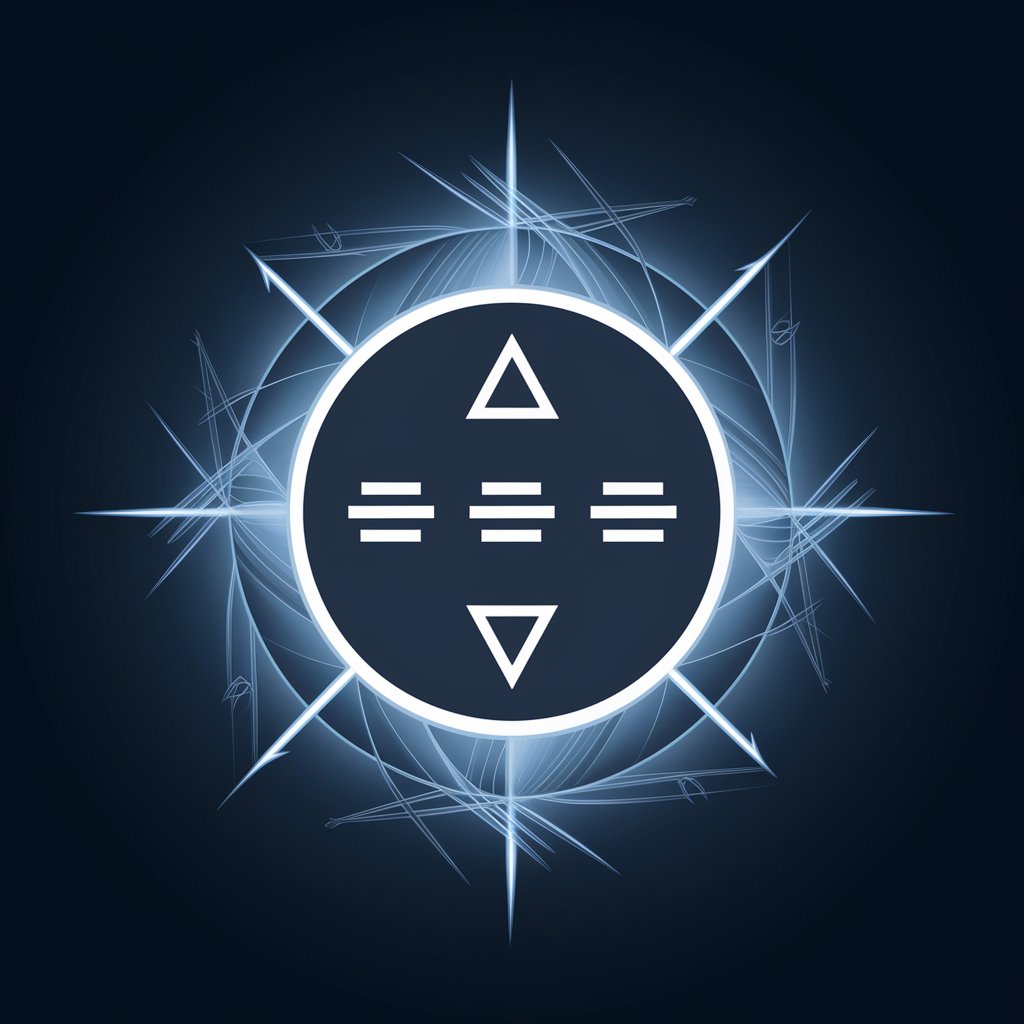
Electro-Magnetic Foundations in E.E. Lab. Tutor
Powering up E.E. learning with AI
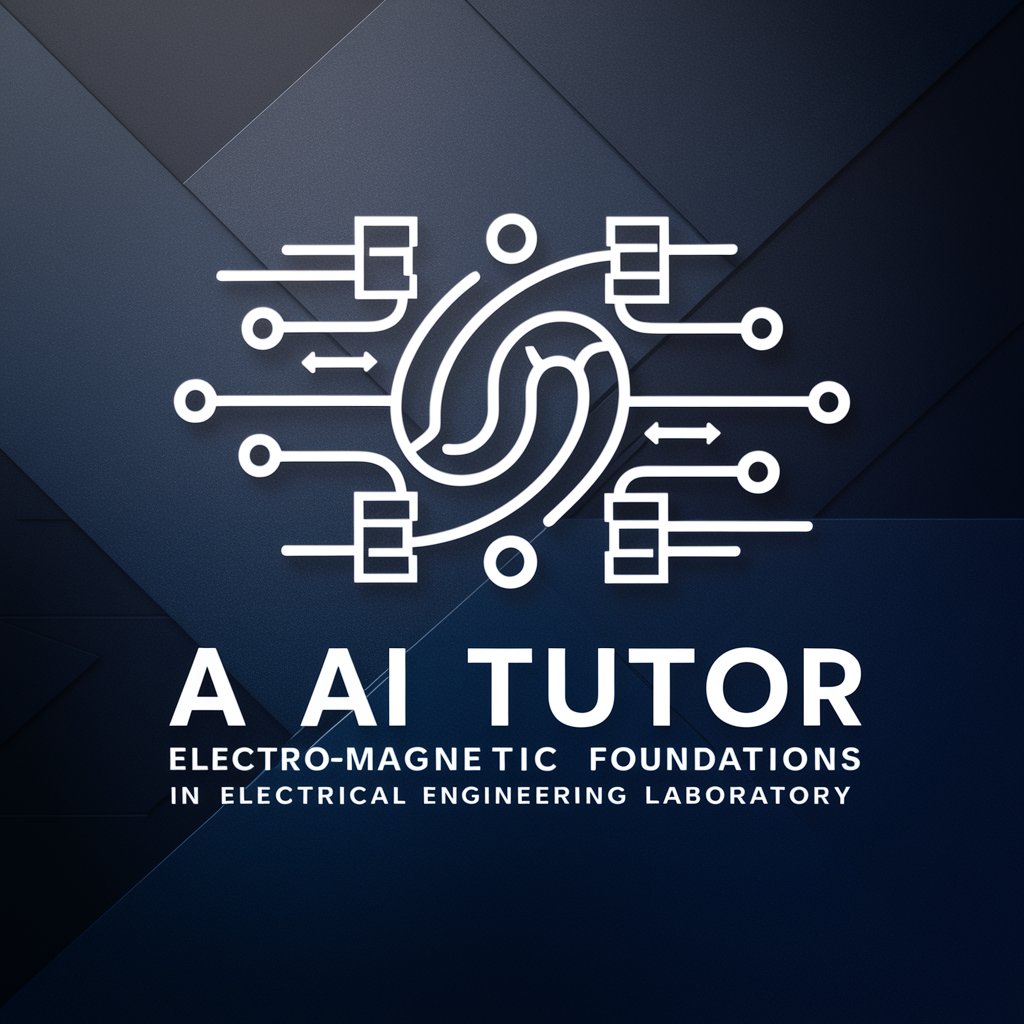
Conductivity
Empowering conductivity understanding with AI
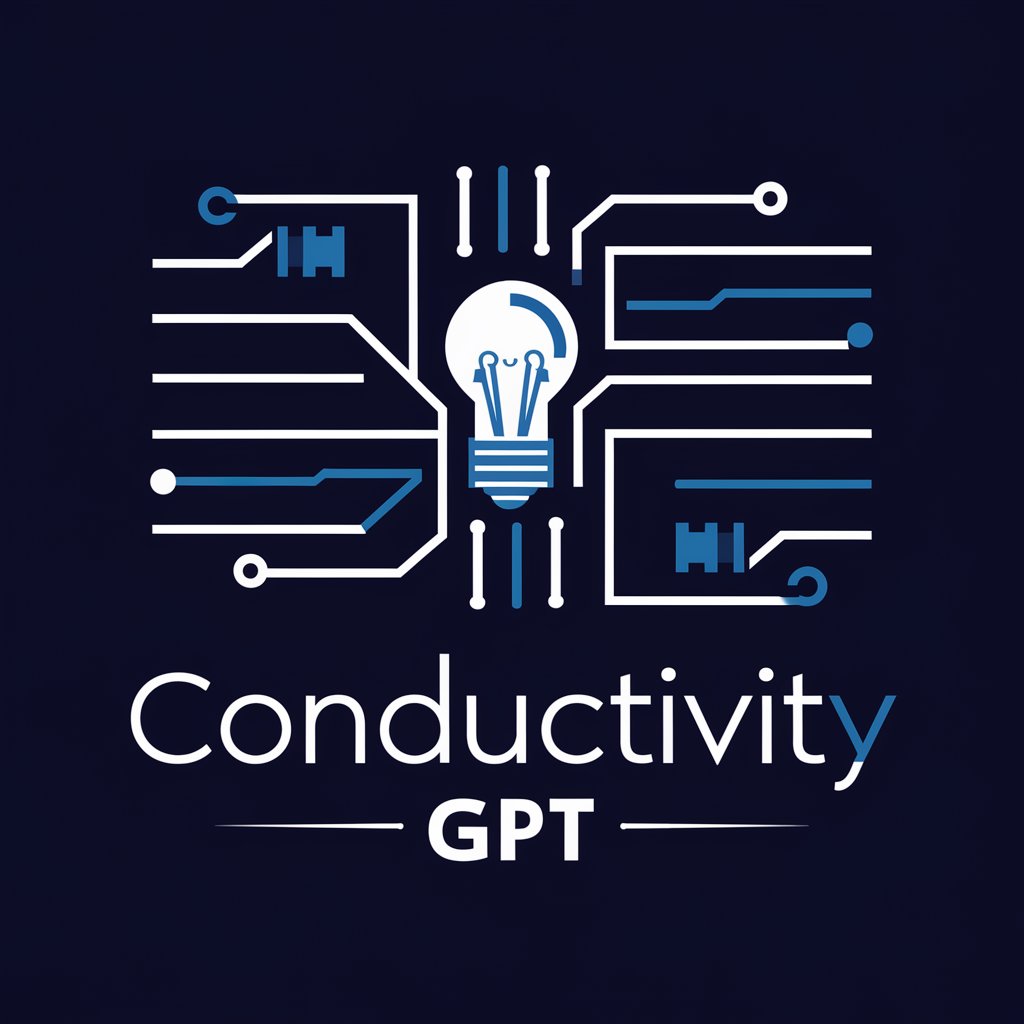
Upskill Ops Electric Circuits Part 4
Empower Your Circuit Knowledge with AI
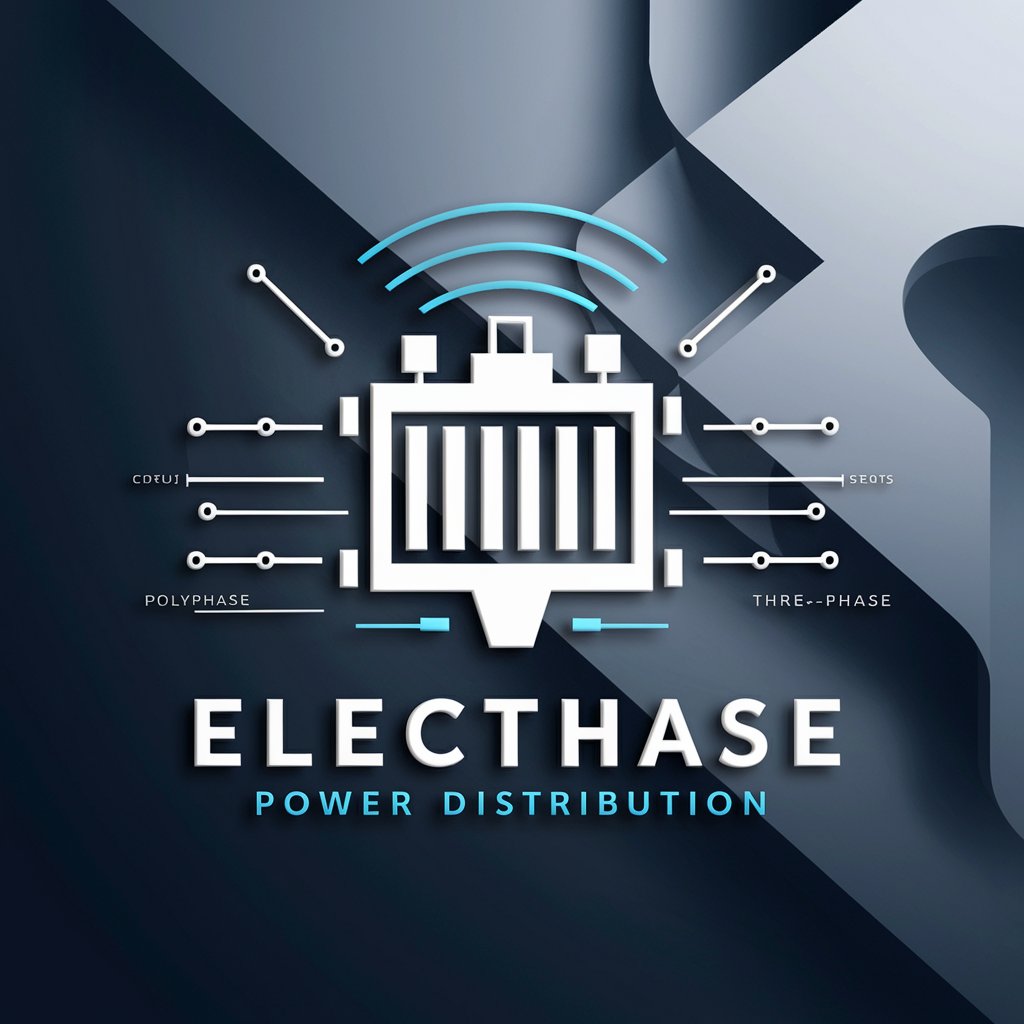
Wattage Calculator - Powered by A.I.
Energize your projects with AI-powered precision
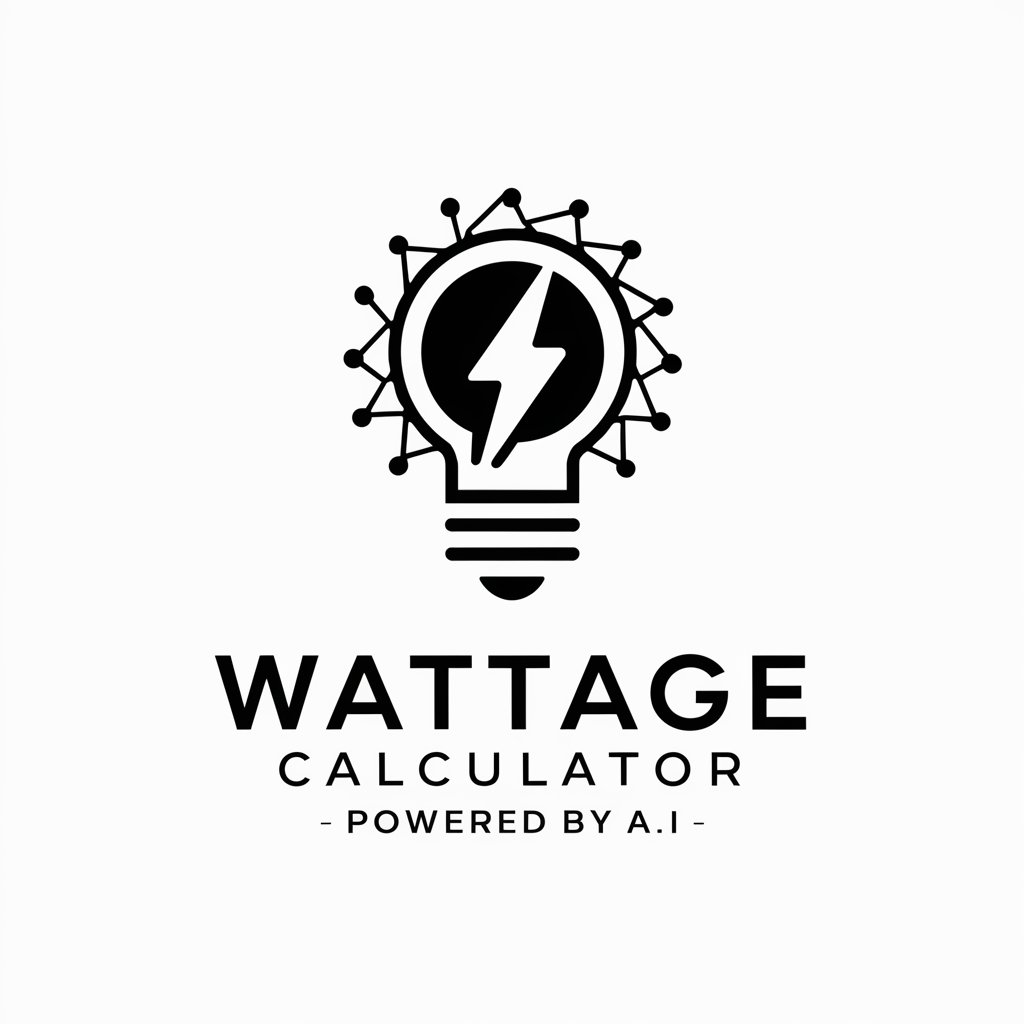
Key Attributes of AI GPTs in Electrical Engineering
AI GPTs for Electrical Engineering stand out due to their adaptability across a range of functions, from providing technical support and generating documentation to solving complex engineering problems. Features include advanced language comprehension tailored to technical terminology, the ability to generate high-quality images for circuit diagrams or system designs, data analysis capabilities for interpreting and visualizing complex datasets, and even web searching for the latest research or component specifications. These features are designed to assist at every stage of electrical engineering projects.
Who Can Benefit from Electrical Engineering AI GPTs?
These AI tools are invaluable for a broad audience within the electrical engineering field, including students, researchers, and professional engineers. They serve as an educational resource for novices, offering explanations and tutorials on complex topics. For developers and experienced professionals, these tools provide advanced customization options, technical support, and assistance in design and analysis, enhancing productivity and innovation without the need for extensive programming knowledge.
Try Our other AI GPTs tools for Free
Study Organizer
Discover how Study Organizer AI GPTs transform learning with personalized plans, automated content, and adaptable features for students and educators.
Work Prioritization
Discover how AI GPTs for Work Prioritization can transform your task management with intelligent, customizable solutions designed to optimize productivity and efficiency.
Resume Tips
Optimize your resume with AI-powered tools, designed to offer personalized tips and enhancements, ensuring your application stands out in the job market.
Library Updates
Discover how AI GPTs are revolutionizing library updates, offering personalized, efficient, and intelligent solutions for modern library services.
Music Insight
Unlock the future of music with AI GPTs for Music Insight, leveraging advanced analytics for trends, preferences, and market strategies.
Storyline Generation
Explore AI-powered Storyline Generation tools, designed to craft unique narratives with ease. Perfect for writers, developers, and creators seeking innovative storytelling solutions.
Expanding Horizons with AI GPTs in Electrical Engineering
The integration of AI GPTs into electrical engineering is not just about automating tasks; it's about opening new avenues for innovation, research, and education. These tools are continuously evolving, with improvements in AI models leading to more accurate, efficient, and insightful solutions across various sectors within electrical engineering. Their user-friendly interfaces and ability to integrate with other software make them a versatile asset for anyone in the field.
Frequently Asked Questions
What exactly are AI GPTs for Electrical Engineering?
AI GPTs for Electrical Engineering are AI-driven platforms that specialize in understanding and generating content relevant to the field of electrical engineering, using the power of language models trained on a wide range of electrical engineering literature and data.
How do these tools differ from general AI models?
Unlike general AI models, these tools are fine-tuned with electrical engineering-specific knowledge, enabling them to understand and generate technical content accurately, making them more relevant and efficient for tasks in this domain.
Can non-experts use AI GPTs for Electrical Engineering effectively?
Yes, these tools are designed with interfaces that are accessible to non-experts, providing guided assistance, tutorials, and explanations to make complex engineering concepts understandable.
What types of tasks can AI GPTs assist with in Electrical Engineering?
They can assist with a variety of tasks including technical documentation, circuit design, problem-solving, data analysis, and even educational tutorials.
Are there customization options for experienced developers?
Yes, many AI GPTs offer APIs and development kits that allow experienced users to tailor the tools to their specific needs, integrating them into existing workflows or developing new applications.
How can these tools improve productivity in Electrical Engineering?
By automating routine tasks, providing instant access to information and technical support, and facilitating complex problem-solving, these tools can significantly reduce project timelines and improve the quality of outcomes.
Is it possible to integrate these AI tools with existing engineering software?
Yes, many AI GPTs for Electrical Engineering are designed to be interoperable with popular engineering software, allowing for seamless integration into existing workflows.
What future advancements can we expect in AI GPTs for Electrical Engineering?
Future advancements may include more sophisticated problem-solving capabilities, enhanced customization and integration options, and broader knowledge bases covering emerging technologies in electrical engineering.